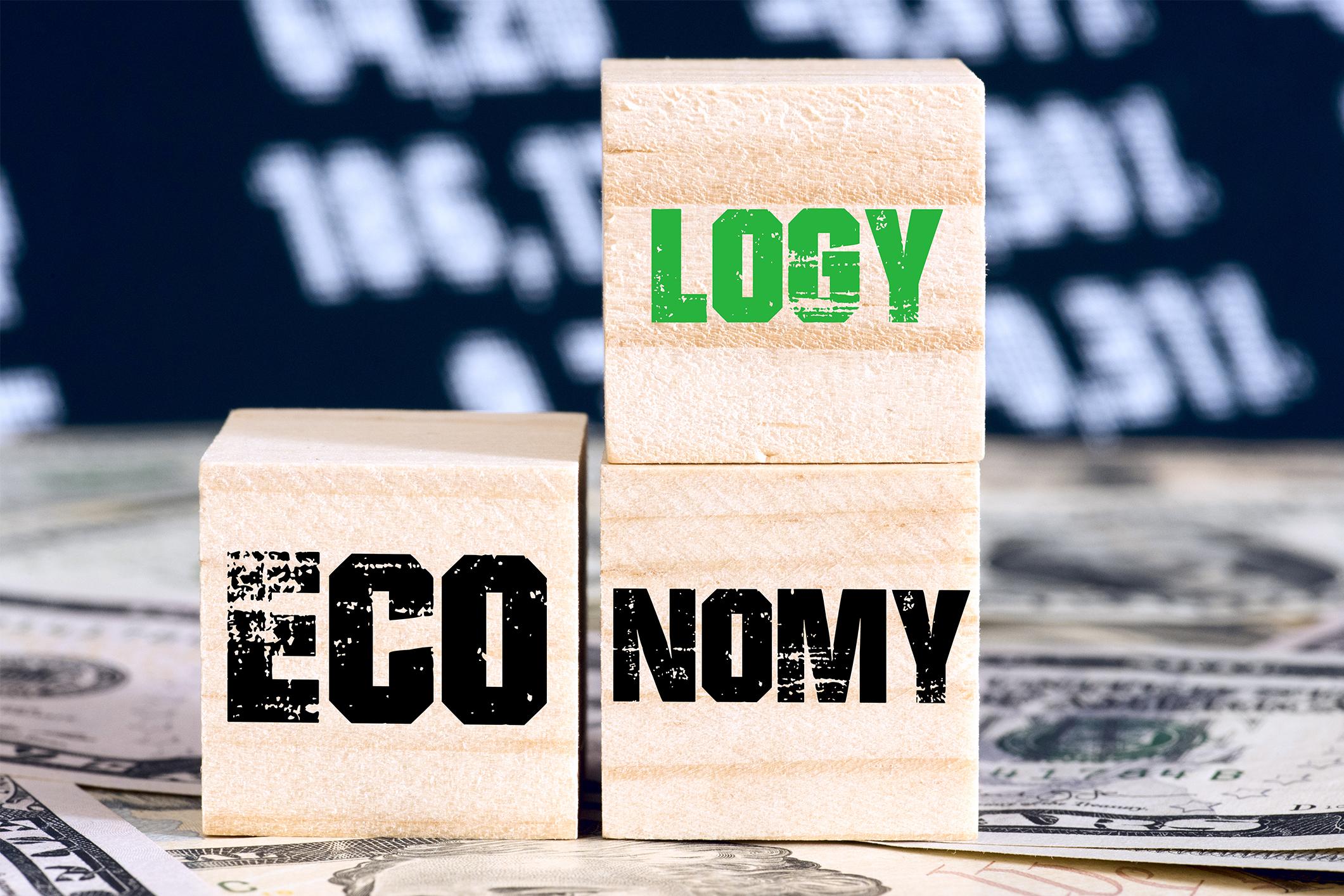Aaron Engen, Vice Chair of Investment & Corporate Banking and Co-Head of the Energy Transition group at BMO Capital Markets, sat down with Howard Learner, Executive Director of Environmental Law & Policy Center, at the inaugural Transition Think Summit in Phoenix, Arizona, earlier this month, where leaders from the private and public spheres came together to discuss climate change solutions. Aaron and Howard discussed the role of public policy in the Energy Transition and where it must intersect with technology and innovation to help pave the road to net zero by 2050.
In this episode:
How the lessons of past experience shows just how quickly entire industries can change
Why we cannot let a search for the perfect policy become a reason for inaction on climate change
How technological innovation and public policy must go hand in hand to drive the energy transition
Where the regulatory system is important in terms of reducing pollution
On technology transfer and coordinating global energy policies
Sustainability Leaders podcast is live on all major channels including Apple, Google and Spotify
